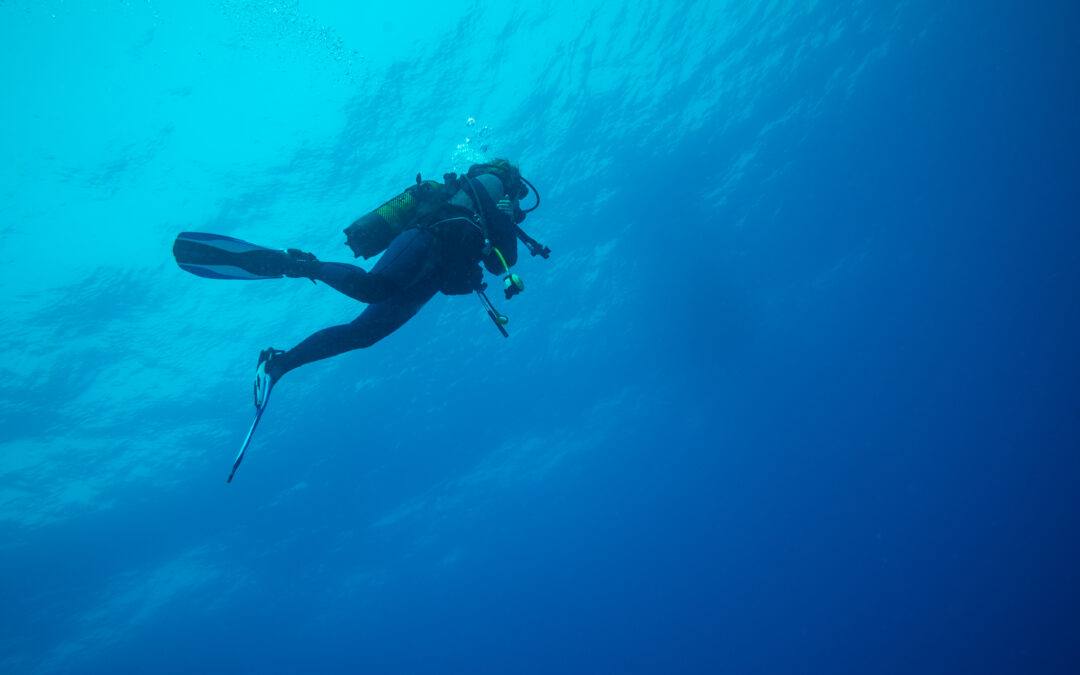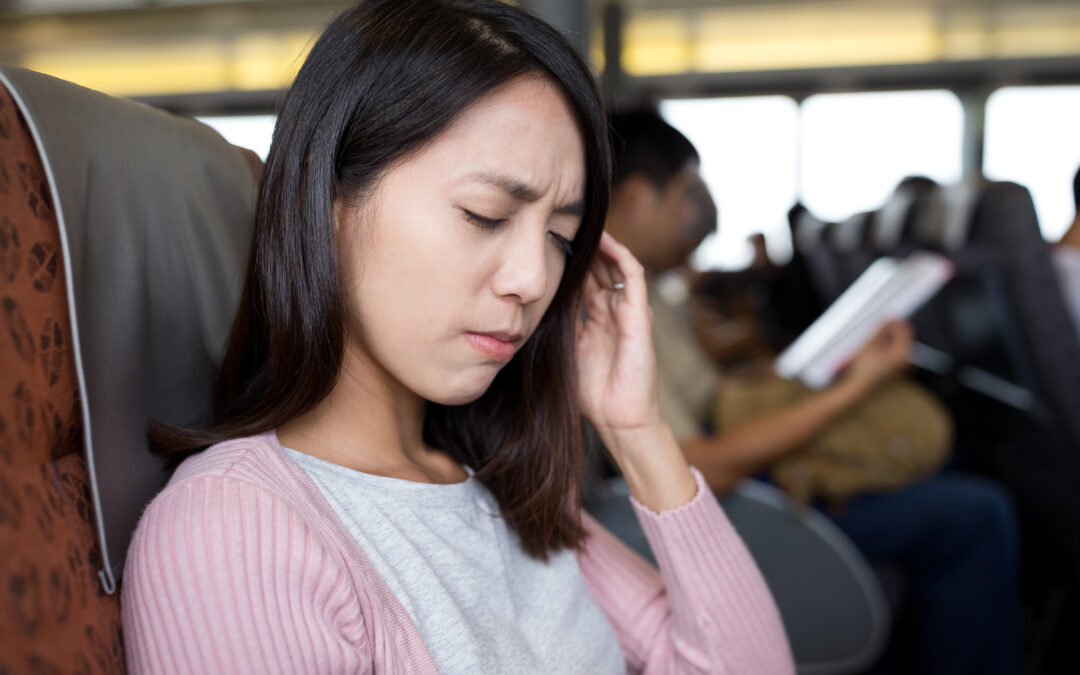
Is the Water Safe to Drink?
Access to clean drinking water is one of the basic necessities of life. For many U.S. travelers, a trip abroad may be the first time they’ve had to think about the safety of their drinking water. In some places, it’s as simple as grabbing a cup, turning on the tap, and gulping it down. In others, you need to be careful not to let a drop touch your lips.
Nothing ruins a fun trip faster than being sick. Drinking contaminated water puts you at risk for a variety of problems, from mild gastrointestinal distress to more serious infections.
Bacteria, Viruses and Protozoa – Oh My!
Contaminated drinking water is most commonly swimming with bacteria, such as salmonella, cholera, and E. coli. That glass of tap water may also include protozoa (giardia and cryptosporidium) and viruses (hepatitis A and norovirus.) In some countries where older buildings and decaying plumbing are common, water may pick up chemical contaminants as it runs through damaged pipes leading to the tap.
It’s true that residents become accustomed to the water in their hometowns so they may not have as many problems drinking tap water as tourists do. However, in some places such as southern Mexico on the Yucatan Peninsula, no one drinks the water because it’s contaminated.
Places Where Tap Water is Safe
There are some places where tap water is safe to drink. The following list provides a basic guideline for water safety. It’s also a good idea to check the CDC Travelers’ Health website for the most updated information on your travel destination.
Here are the places where it’s safe to drink the water:
- Asia: Brunei, Hong Kong, Israel, Japan, Singapore, and South Korea
- Europe: Andorra, Austria, Belgium, Czech Republic, Denmark, Finland, France, Germany, Greece (mainland), Iceland, Ireland, Italy, Liechtenstein, Luxembourg, Malta, Monaco, The Netherlands, Norway, Poland, Portugal, Slovenia, Spain, Sweden, Switzerland, the United Kingdom, and Vatican City
- North America: Canada, Greenland, and United States
- Oceania: Australian and New Zealand
Avoid the water everywhere else, which includes all of Africa, most of Asia and the Middle East, Eastern Europe and Russia, Mexico, and South America. While mainland Greece has safe water, the Greek Islands do not.
Other Ways to Protect Yourself from Bad Water
When traveling to a destination where the water may be contaminated, it’s not only drinking the water that poses a risk. There are a few other things that you should do to ensure that you stay healthy:
- Brush your teeth with bottled water.
- Keep your mouth closed in the shower.
- Order drinks without ice.
- Avoid salads since they may have been washed in tap water.
- Only eat fruit that you peel yourself.
If you find yourself in a location where you do not have access to bottled water, there are a few other things that may help. Boiling water will kill parasites, just be sure to let any sediment settle before drinking it. Adding iodine and chlorine to water is also effective in killing bacteria and viruses, but will not kill protozoa. These should only be used as a last resort. You can also find commercially available water filtration systems at outdoor supply stores that will help decontaminate water.
When it comes to drinking water on your trip, use caution and follow this basic rule of thumb: If you’re unsure it’s safe, it’s not worth the risk. Buy a bottle of water instead.
Image courtesy of: The New York Times

